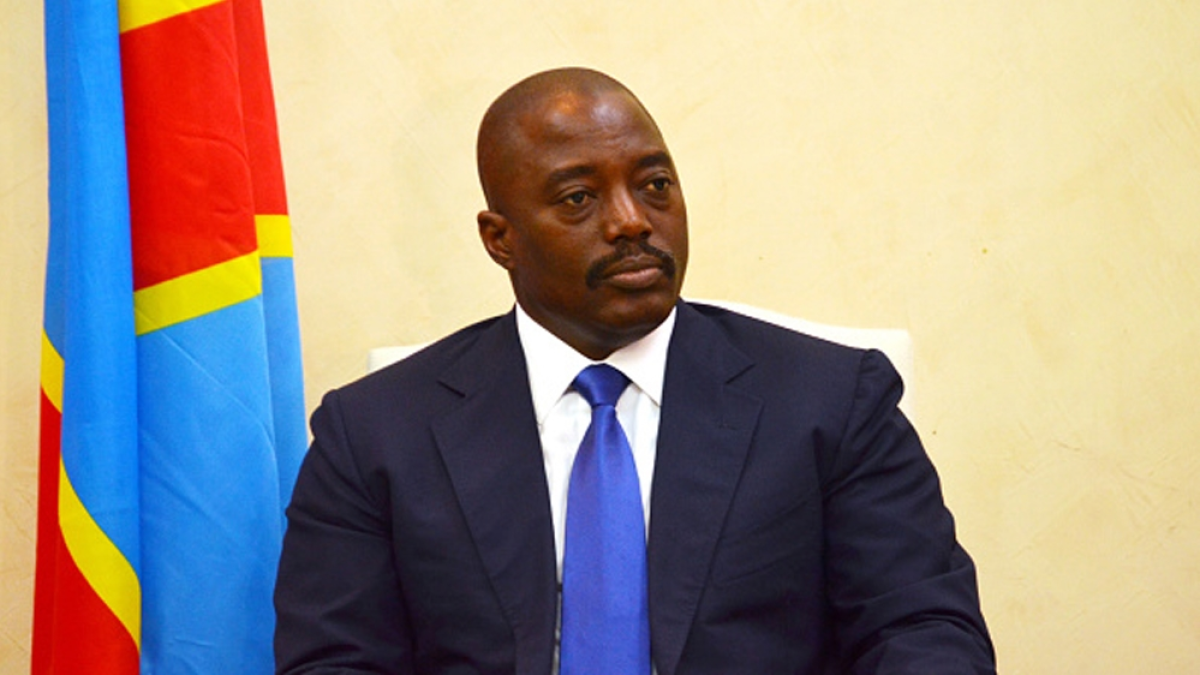Congo Sentences Former President Joseph Kabila To Death In Absentia
On September 30, 2025, a military court in Kinshasa, Democratic Republic of Congo (DRC), has convicted former President Joseph Kabila to death in absentia. He ruled the Democratic Republic of Congo for 18 years, from 2001 to 2019, the verdict was pronounced after he was found guilty of treason and war crimes during his reign and beyond.
Charges And Allegations:
Collusion with M23 Rebels: Prosecutors accused Kabila of aiding the Rwanda-backed M23 rebel group, which has seized territory in eastern Congo.
Plot to Overthrow President Tshisekedi: Allegedly conspired with M23 leader Corneille Nangaa to destabilize the current government.
Human Rights Violations: Charges included murder, torture, rape, and insurrection.
Details of The Verdict
Charges: The court convicted Kabila of treason, crimes against humanity, and war crimes, which included murder, sexual assault, torture, and insurrection. He was also ordered to pay approximately $33 billion in damages to the congolese state.
Collaboration with rebels: The prosecution accused Kabila of collaborating with the Rwanda-backed M23 rebel group, which has seized significant territory in the DRC's eastern region. Current President Felix Tshisekedi publicly stated that Kabila was the mastermind behind the M23.
Political motivation: Kabila and his political party have denied the allegations and have denounced the trial as politically motivated. His ally Kikaya Bin Karubi called the trial "theatrical" and an example of Tshisekedi's alleged dictatorship.
Circumstances of the trial: Kabila has been on trial in absentia since July, and his current whereabouts are unknown. He had previously been in self-imposed exile in South Africa but briefly appeared in the rebel-held city of Goma in May 2025.
Immunity lifted: The trial was made possible after the DRC Senate voted in May 2025 to repeal Kabila's legal immunity.
The Democratic Republic of Congo (DRC) had maintained a de facto moratorium on the death penalty for nearly two decades, with no executions carried out since the early 2000s. However, that policy shifted dramatically in 2024 when the government lifted the moratorium, citing national security concerns amid escalating rebel violence.
In the case against Joseph Kabila, the military prosecutor invoked the newly reinstated death penalty provisions under Congolese military law.
The verdict could exacerbate the volatile political situation in the DRC, with potential backlash from Kabila's supporters and complications for ongoing peace efforts. The court delivered the conviction after the Senate stripped Kabila of his immunity. The entire process has been denounced by his allies as politically motivated.
The military court in Kinshasa has ordered the immediate arrest of former President Joseph Kabila following his conviction for treason, war crimes, and crimes against humanity. However, during the writing of this article, no international arrest warrant—such as one issued by Interpol or the International Criminal Court (ICC)—has been publicly confirmed.
Although, the pursuit of an international warrant is a potential next step for the Congolese government.
The sentence was issued in absentia, meaning Kabila was not present and did not have legal representation during the trial.
Human rights groups have raised concerns about due process, especially given the political nature of the charges and the speed of the proceedings.
There are legal avenues, both within the Democratic Republic of Congo (DRC) and through international human rights mechanisms, for former president Joseph Kabila to challenge his death sentence.
Challenge Through Congolese Domestic Courts
Court of Cassation: While an appeal to the High Military Court's verdict is possible before the Court of Cassation, it is limited in scope. The appeal can only challenge procedural irregularities, not the merits of the case. Given that the trial was conducted in absentia and criticized by human rights groups for a lack of due process, there are potential procedural grounds to challenge the conviction.
Conviction in absentia: Kabila's legal team could challenge the legitimacy of the trial based on its being conducted in absentia, which is often considered a violation of due process. However, since his whereabouts are unknown, he may need to appear to mount an effective defense, which is risky for him.
International Human Rights Mechanisms
African Court on Human and Peoples' Rights (ACHPR): The DRC is a member of the African Union and has ratified the protocol establishing the ACHPR. This court provides a potential avenue for appeal if Kabila can argue that his fundamental rights were violated during the trial. However, the DRC's record of compliance with the ACHPR and its willingness to enforce any ruling against its current government are uncertain.
United Nations Human Rights Committee: As a signatory to the International Covenant on Civil and Political Rights (ICCPR), the DRC is subject to the UN Human Rights Committee's oversight. A case could be brought before this committee, which could issue a non-binding but authoritative finding that the DRC violated Kabila's human rights.
UN Commission for Human Rights: Amnesty International and other human rights organizations have historically monitored due process in the DRC and raised concerns with UN bodies. These organizations could advocate for Kabila to have a fair appeals process in line with international standards.
Despite the sentence, experts suggest that Kabila’s arrest is unlikely in the short term, especially if he remains in rebel-held territory or outside the Democratic Republic of Congo.

